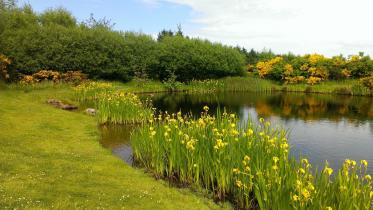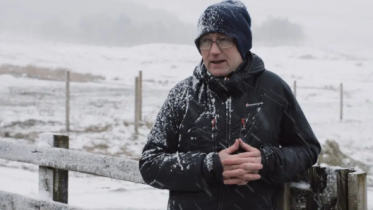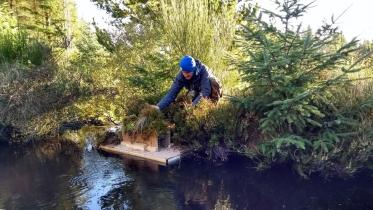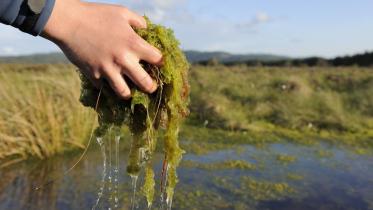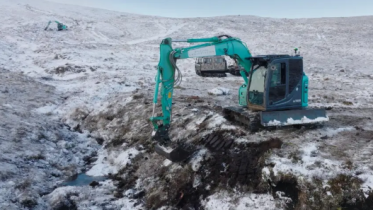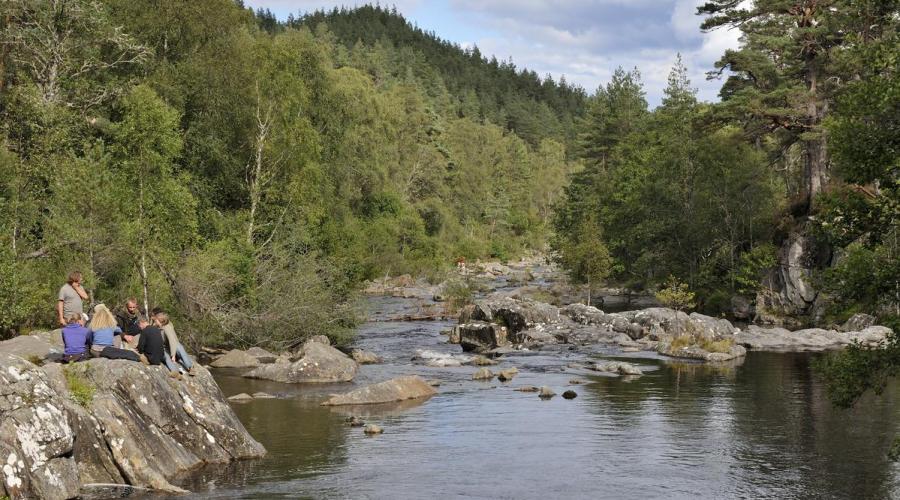
Lessons for nature restoration and rewilding
1 April 2022
A new report released today examines what lessons can be learned from large-scale nature restoration and rewilding projects in Scotland and beyond.
With increased attention on these approaches as a solution to the twin crises of nature loss and climate change, the NatureScot Research Report - Case studies in Large Scale Nature Restoration and Rewilding reviews 25 case studies from Scotland and further afield across Europe to highlight what worked and why, as well as barriers that some projects faced.
Environmental benefits identified included habitat creation and connection at large-scale; carbon capture and storage through woodland regeneration, tree planting and peatland restoration; flood management; and water quality improvements.
Additional benefits included opportunities for new green jobs, educational programmes, nature-based tourism, local investment, and volunteering.
Barriers encountered included limited access to longer-term funding, some local opposition to some proposals, complex land ownership issues, and in some cases cultural differences over land use and conservation.
The report emphasises the importance of early and comprehensive engagement with local communities, landowners and managers to ensure the long-term success of projects.
The need for ongoing deer management was identified as a key issue for projects in the Scottish Highlands, such as woodland regeneration and expansion, and peatland restoration.
Nick Halfhide, NatureScot Director of Nature and Climate Change, said: “Large-scale nature restoration and rewilding projects are vital to help us tackle the twin crises of nature loss and climate change.
“NatureScot is taking an increasingly prominent role in many such projects, both as a partner and as a funder, especially through the Scottish Government’s £65m Nature Restoration Fund, an important new source of finance for large-scale, multi-year projects of this kind.
“Rewilding and large-scale nature restoration projects are becoming increasingly important in our drive to revive and regenerate Scotland’s nature. We are learning from existing projects, both nationally and internationally, to ensure that we can make this work effective and successful. Already, other countries are coming to us for expert advice on peatland restoration.
“This wide-ranging review is an important addition to our evidence-base, and we will build on it as we develop new projects across Scotland.”
